Descripción
Yucca Extract is a type of ether insoluble substance obtained by using silk orchid as the raw material, extracting and concentrating it through alcohol solvent, and then extracting impurities through water and n-butanol two-phase extraction. The n-butanol phase is evaporated and dried, and then refluxed with ether. Contains main active ingredients such as steroidal saponins (Sasa saponin ligand, Smilax saponin ligand, Agave saponin ligand), free saponins, and carbohydrate complexes. It has strong adsorption capacity for harmful gases, which can reduce the concentration of ammonia, hydrogen sulfide and other harmful gases in livestock houses, improve the animal feeding environment, promote feed decomposition, increase digestion rate, enhance the body’s resistance to chemical books, promote the absorption of nutrients, improve animal health, improve livestock production performance, and effectively improve the quality of livestock products; Yucca Extract can also stimulate the circulatory and respiratory systems, affect vitamin activity, and secrete animal hormones. As a pancreatic emulsifier, Yucca Extract has been widely studied and applied in animal production, resulting in good economic and social benefits. It should also be used in the production of other products, such as foaming agents for carbonated beverages and enhancers for food flavors, and has been recognized by the Federal Food and Drug Administration (FDA) as an auxiliary food.
- 1. Steroid saponins Steroid saponins are the most important active component of Yucca extract and the most well studied component. Saponins contain a lipophilic group called sapogenin, as well as one or more hydrophilic carbohydrate branched chains. They are a natural surface activator or emulsifier that is beneficial for the emulsification of oils and fats, promoting the digestion and absorption of glycerol monoesters, and thereby improving the utilization rate of oils and fats. The hydrophobic part of saponins is interconnected with the hydrophobic groups of cholesterol in the mucosal layer cells in the form of microcapsules, forming a complex that affects the permeability of intestinal cells. In a similar way, saponins also exhibit antigenic activity by binding to cholesterol on the protozoan cell membrane, disrupting the integrity of the protozoan cell membrane and leading to cell lysis.
- Polysaccharides, specifically functional oligosaccharides formed by the connection of multiple monosaccharides through glycosidic bonds, are an important active component in the extract of silk orchids. They are not digested by digestive enzymes secreted by animals themselves, and enter the posterior segment of the intestine as chemical probiotics to promote the growth and reproduction of beneficial bacteria, effectively inhibit the proliferation of pathogenic bacteria, maintain the stable structure of the intestinal microbiota, and promote intestinal health. In addition to Chemicalbook, polysaccharides, as a nutrient, can be decomposed and utilized by probiotics such as Lactobacillus and Bifidobacterium in the intestine. They can also bind with intestinal ammonia molecules and be fully utilized as a nitrogen source for intestinal microbial fermentation. At the same time, they effectively regulate the acid-base balance of the intestine, increase the activity of digestive enzymes, and improve the utilization rate of nutrients such as proteins, vitamins, and minerals.
- Polyphenol Yucca contains two unique polyphenols, resveratrol and Linfenglan polyphenols, which have strong binding ability to amino groups. Therefore, it is speculated that these two polyphenols in Yucca extract may also have the ability to reduce ammonia gas. In addition, resveratrol has a significant anti infection effect. Nitric oxide (NO), as a signaling molecule, plays an important role in physiological functions such as immune regulation and neurotransmission. However, excessive NO has cytotoxicity and is accompanied by inflammation. Marzocco et al. have demonstrated that yucca polyphenols can inhibit the expression of nitrogenase (iNOS). NF-KB is a transcription factor that can regulate the expression of iNOS genes. Therefore, yucca polyphenols exert a strong anti infective effect by inhibiting the activity of NF-KB.
Error: Formulario de contacto no encontrado.

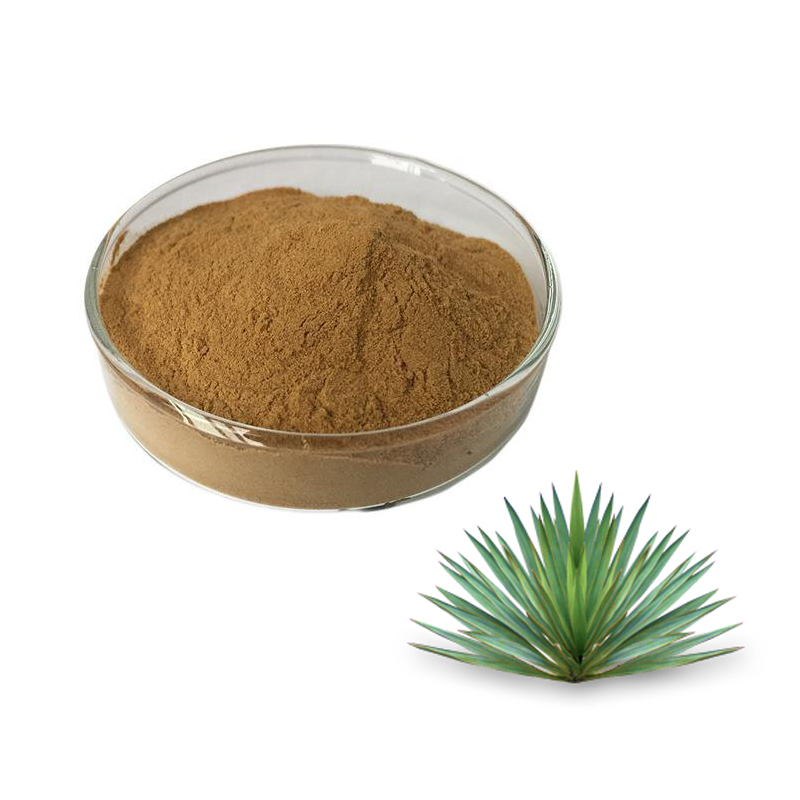
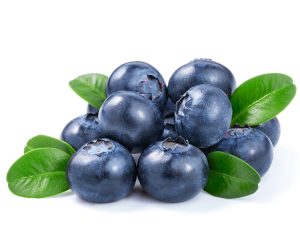
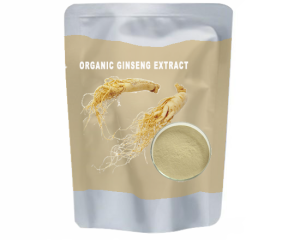
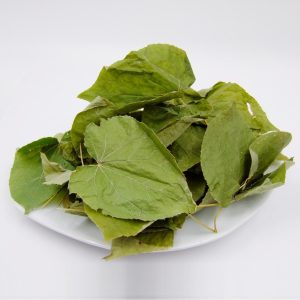
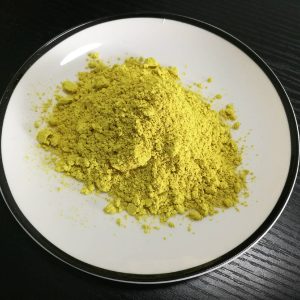

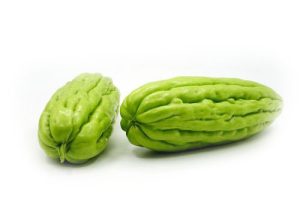
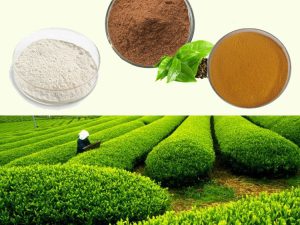
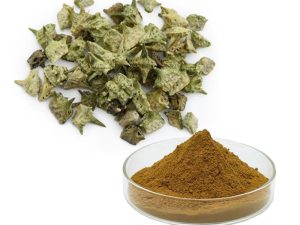
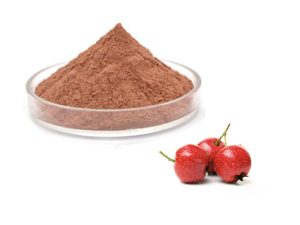
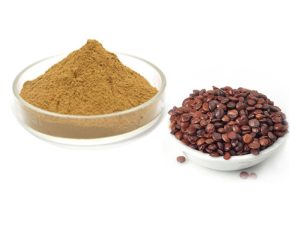

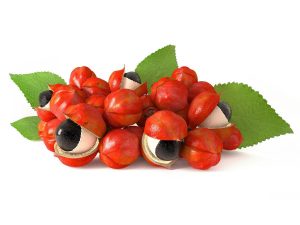
Valoraciones
No hay valoraciones aún.